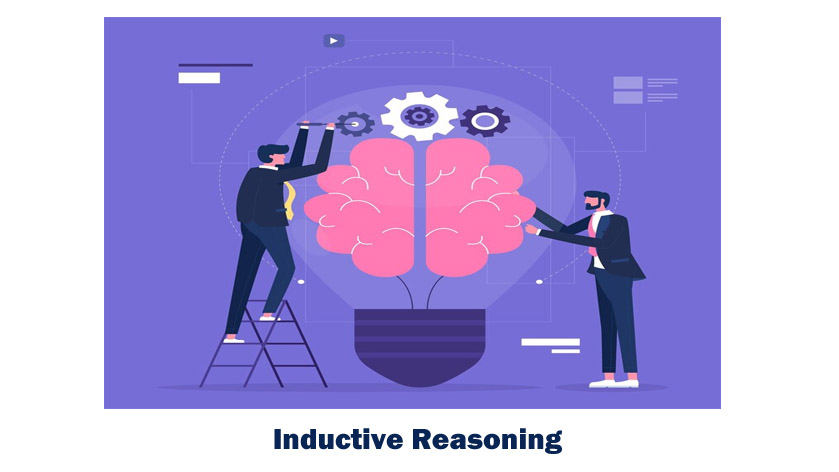Inductive reasoning is a logical process that involves using specific assumptions, experiences, or facts to determine the current situation. This tool is crucial for making better decisions, statistics, research, and more. No matter your profession, you need to learn inductive reasoning and how to work with it to make better decisions in your workplace.
Types of Inductive Reasoning
Inductive reasoning will be based on the type of situation and requirement. Let us discuss some of the most common types of this reasoning in this article:
Causal Reasoning
It is a type of reasoning that involves thinking logically, consisting of the connection between a cause and the most likely effect. Involvement in the relationship between the starting situation and that resulting interface Is significant for casual reasoning effectiveness. Apart from this, observable evidence is also essential for causal reasoning.
Inductive Generalisation
This type of inductive reasoning will help involve evidence from a past similar situation to develop a conclusion. This Evidence plays a crucial role in inductive generalization.
Statistical Induction
This type of reasoning requires statistical data to create conclusions. This type of reasoning will provide a context for assumptions. This is why it is important to remain open to new Evidence that can alter the theory in the future.
Conclusion
In conclusion, inductive reasoning is a valuable cognitive process that allows individuals to generalize from specific observations to broader conclusions or hypotheses. It is fundamental to scientific analysis, problem-solving, and decision-making, enabling us to make sense of the world by identifying patterns, formulating hypotheses, and making predictions based on empirical Evidence. While this reasoning provides a powerful tool for generating new knowledge and understanding, it is essential to recognize its inherent limitations, including the potential for error and the probabilistic nature of its conclusions. Nonetheless, when used judiciously and in conjunction with other forms of reasoning. The reasoning can significantly enhance our ability to learn, discover, and innovate.

